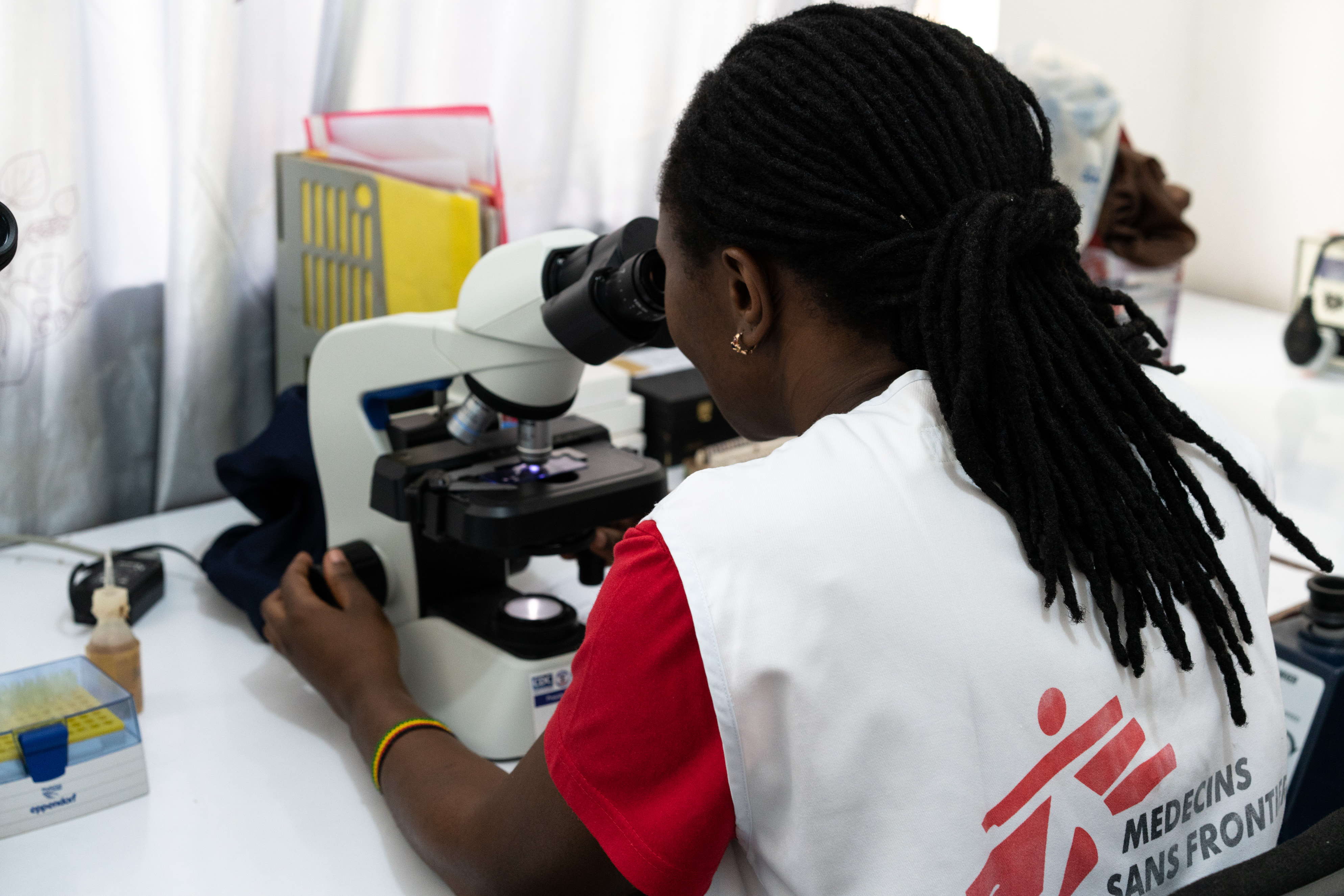No more neglected diseases, no more neglected patients - report calls for improved global response to neglected tropical diseases
COVID-19 pandemic threatens progress
Patients with neglected tropical diseases (NTDs) need better access to diagnosis and to treatment that is safe and effective, said Médecins Sans Frontières in a new report that calls for an improved global response to NTDs in order to prevent further deaths and disability.
Despite much progress in the fight against NTDs, some of the most life-threatening diseases remain far from elimination or even control. NTDs continue to claim hundreds of thousands of lives and affect 1.7 billion people each year.
The report, Overcoming Neglect: Finding ways to manage and control neglected tropical diseases, covers life-threatening parasitic infections kala azar (visceral leishmaniasis), Chagas disease (American trypanosomiasis) and sleeping sickness (human African trypanosomiasis). It also covers noma, a deadly bacterial disease which MSF is calling for the WHO to recognise on its list of NTDs, snakebite envenoming, the medical condition resulting from a snakebite which causes more death and disability than any other NTD, and cutaneous leishmaniasis.
“NTDs almost exclusively affect people living in extreme poverty. As a result, there are no vaccines, diagnostic tools are limited, and treatments are often unavailable or unaffordable for many of these deadly and debilitating diseases,” said Dr Christos Christou, MSF’s international president.
The launch of a new road map for NTDs by the WHO for 2021 - 2030 presents an opportunity to support the development of treatments, vaccines, and diagnostic tools for NTDs. Its ambitious targets include eliminating at least one NTD in 100 countries and reducing by 90 per cent the number of people requiring medical interventions for them by 2030.
But the new road map comes at a time when the COVID-19 pandemic threatens progress towards the control and elimination of NTDs. NTD programmes have been disrupted, fragile health systems are under even further strain, and there are alarming indications that resources for NTDs will be diverted and funding reduced. There is a real risk that NTDs could slide into further neglect, the significant achievements over the past years are reversed, and that even more lives are lost to NTDs.
"Although equitable access to COVID-19 innovations is unsure, the world is mobilising to develop vaccines, treatments, and diagnostic tests. The same can be done for NTDs. We can overcome the neglect with commitments, funds and better tools to find, diagnose and treat patients. We can make NTDs diseases of the past," said Christou.
Notes to editors
MSF has been providing direct care to patients with neglected tropical diseases (NTDs) for more than thirty years, with a focus on the most deadly and overlooked diseases in this group of illnesses. In that time, hundreds of thousands of patients have been treated who otherwise may not have survived.
Overcoming Neglect: Finding ways to manage and control neglected tropical diseases details MSF's work, which includes treating patients, carrying out operational research, supporting efforts to identify new treatments and diagnostics, and playing an active role in reducing the incidence of NTDs.
.jpg)
.jpg)